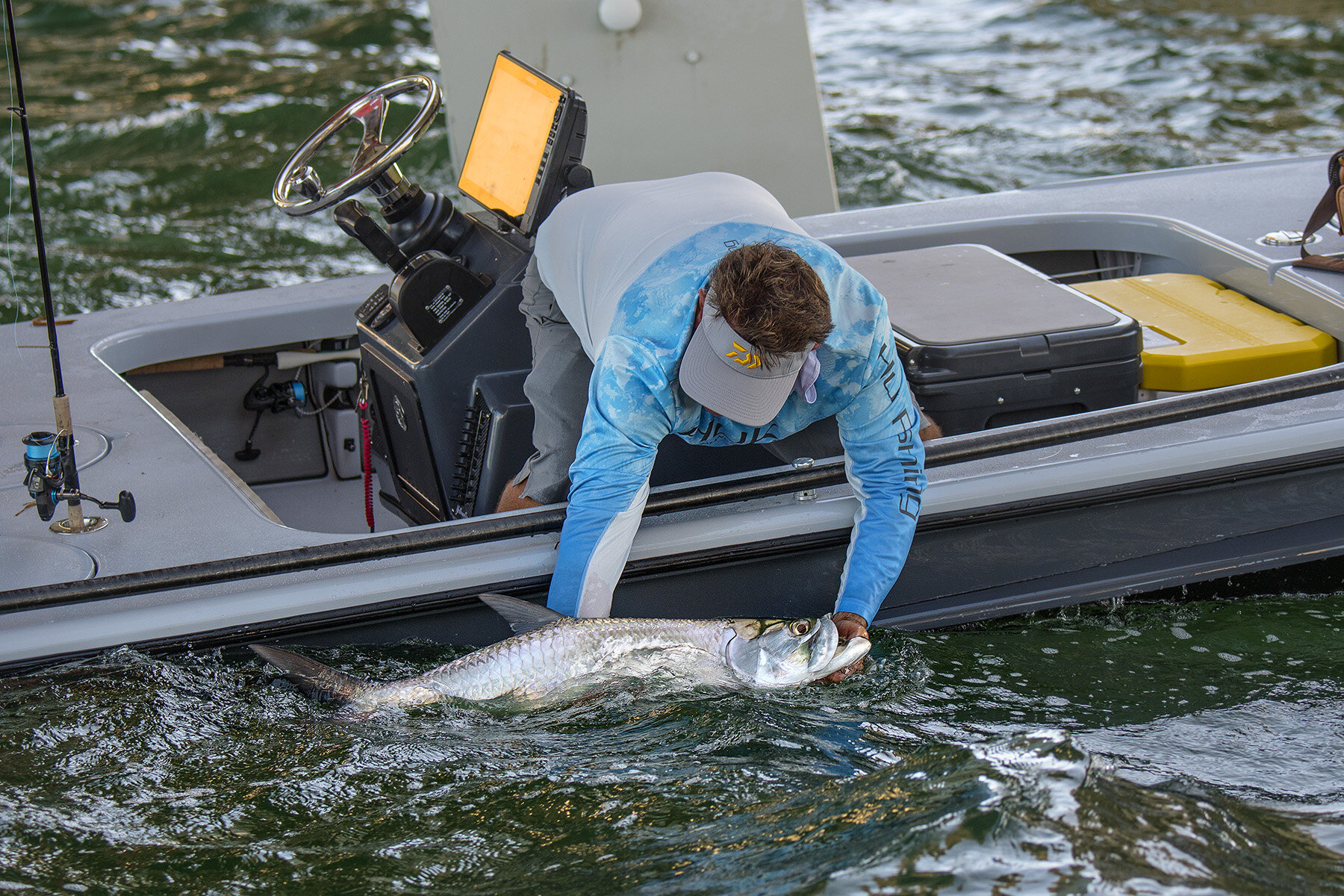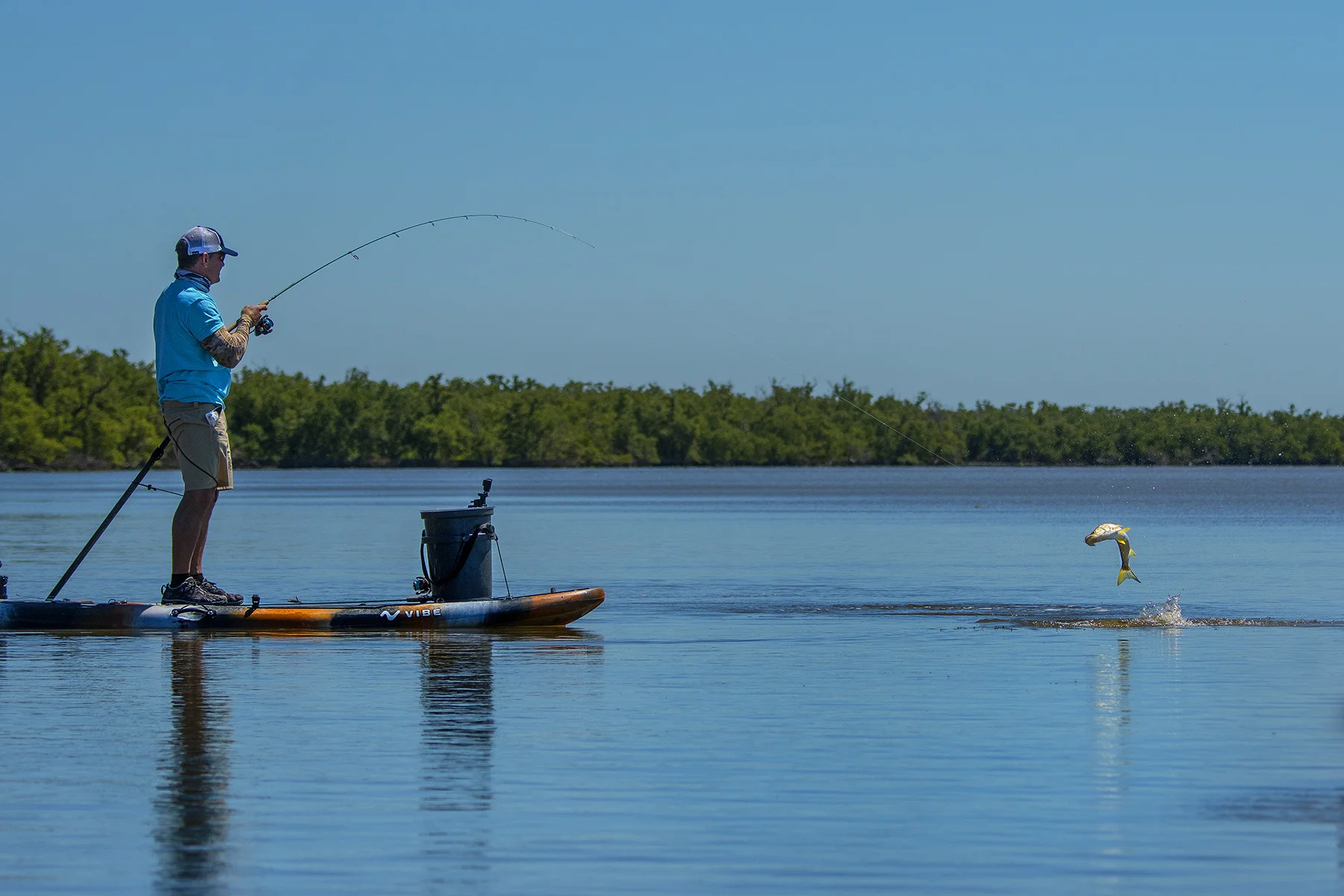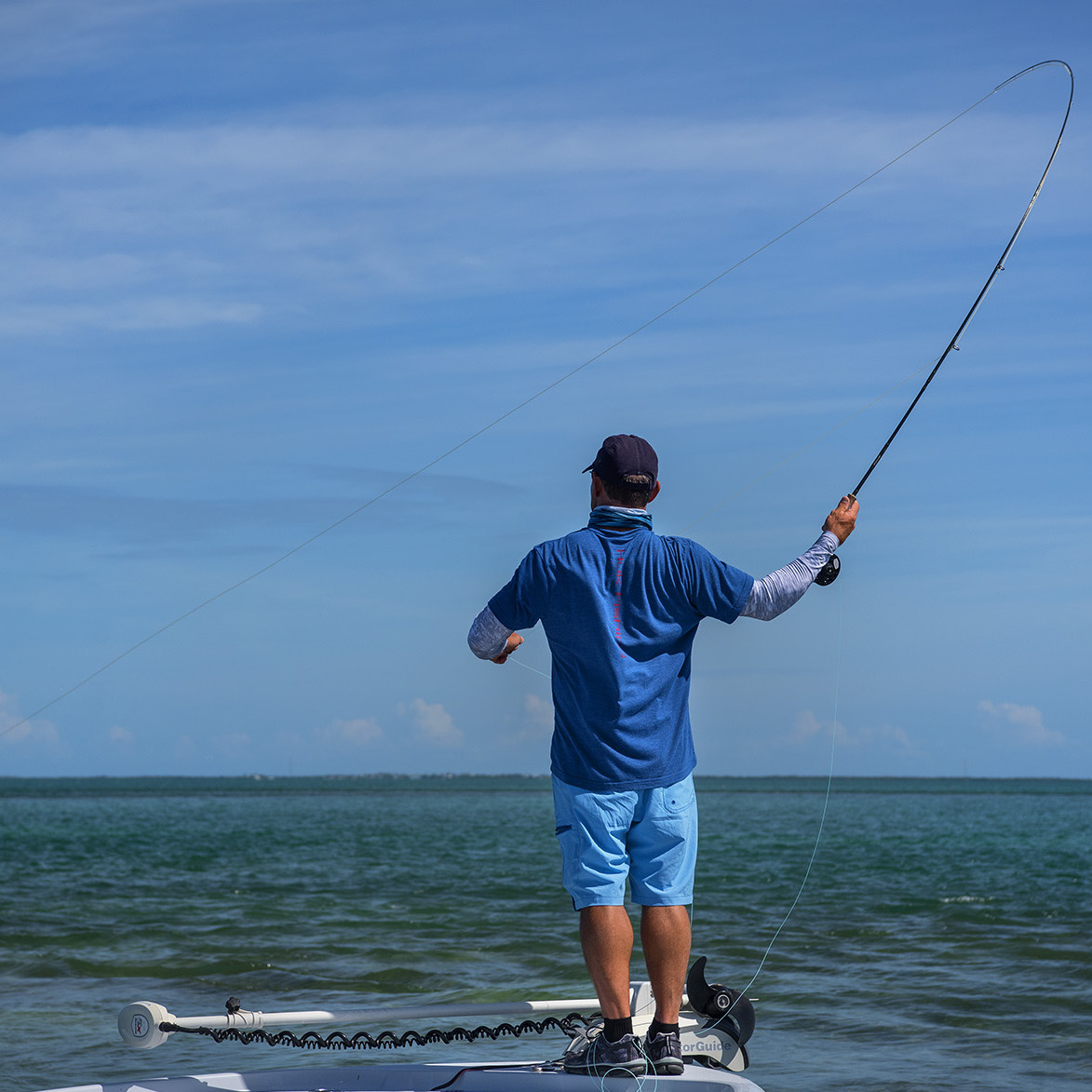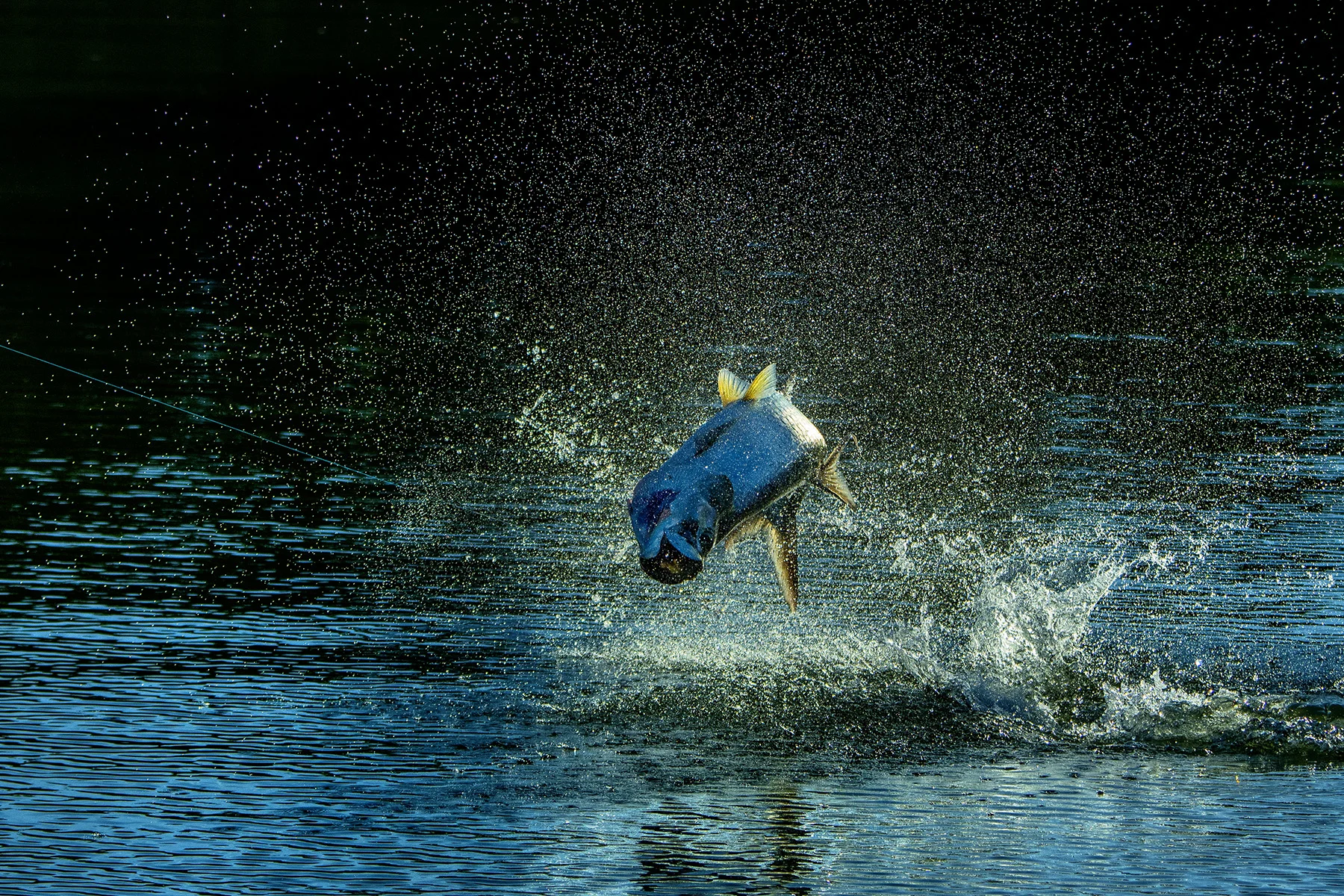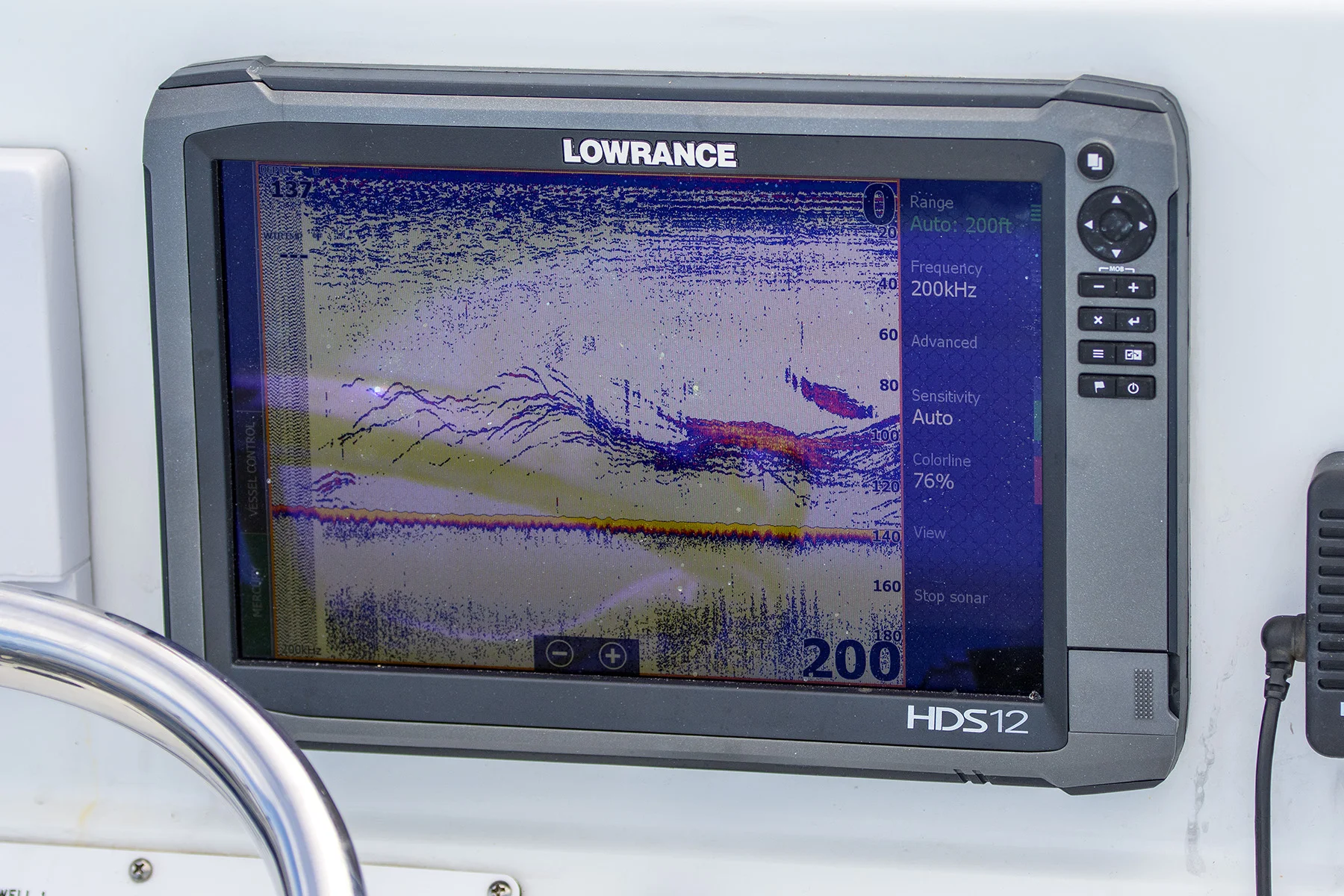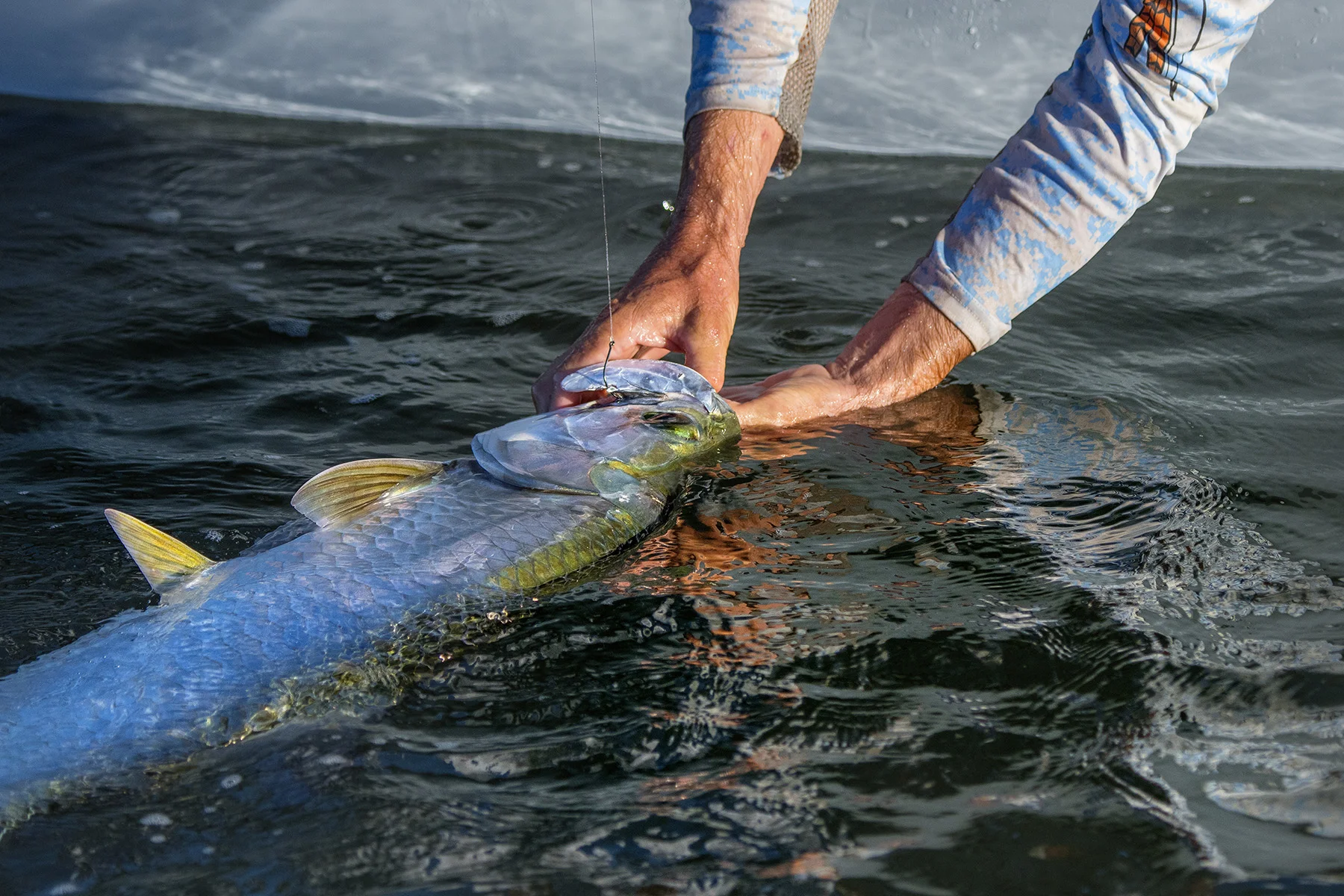In my profession, as a fishing guide in the Florida Keys, the most important thing that I can do is continually learn new spots. Learning how to explore areas quickly is one of the most valuable skills a guide or angler can acquire. I used to run up to a flat and then pole it as fast as I could. The first time I ever went to the flat, I wasn’t completely concerned about actually catching the fish that are there, but more concerned with discovering if this was a spot worth returning to.
As I graduated to a trolling motor, I would go as fast as possible to see if the fish I was looking for were there. Usually, I would not catch them on this first pass, but I would make a note of the tide, time of day, and weather conditions and then come back 2 weeks later with a much more stealthy approach. As I did this, my knowledge of the entire area grew exponentially. Realizing that time was the limiting factor I searched for ways that I could explore even faster and acquire knowledge even more quickly.
There are certain fish that will leave a surface disturbance like a wake, bust, explosion, push or they might tip their tails up out of the water. I would always be looking for these cues as I would do my fast exploring but I wanted it to happen even faster. I came upon the idea of binoculars to speed up this process even faster.
A pair of 8x42 binoculars is about perfect for exploring the flats. I can see from a long way off if there are surface disturbances on a slick calm morning. For giant tarpon this has proven to be a major time saver. When you arrive at a place where tarpon are usually hanging out for the night they can often be found in a very large area. During the months of April-June, there WILL be tarpon around in many areas and they might be where you expect them to be. On calm mornings, if the fish are there, they will roll at least a few times.
Tarpon require stealth so shutting down and poling into an area or approaching very slowly with the trolling motor is mandatory. Sometimes, however, you are expecting them to be there but they are not. Sometimes, with low light situations and very calm weather, you can stop in an area that you think will hold fish and you can see surface disturbances. Believe it or not, a 150 lb tarpon can break the surface to roll for oxygen and leave a very small disturbance. In fact, the way that a Cormorant dives down for a fish looks very similar to a tarpon from a distance. Many guides have been fooled by this bird. With a pair of 8x42 like the Nikon Monarch, I can watch an area for a few minutes and clearly tell the difference between a bird and a tarpon. If all I see are birds, I might simply move on. On the other hand, if I get a 100% confirmation of a tarpon rolling, I can engage.
Baby tarpon exploring is also highly productive with the binoculars on a calm day. It saves a ton of time, probably even more gas and saves you disturbing the area at all to be able to get confirmation that fish are in the area. Sometimes I just get confirmation and move on. I will visit the spot another time in the future.
I also use the binoculars for permit and bonefish. On low tide, bonefish will tail or stick their tails out of the water as they feed. These tails can look a lot like a bonnet shark from a distance. More than one guide has been lured into the very shallow water only to find that all of what they were seeing from a distance were bonnet sharks. There is a very limited window of time to fish the trailers of the first of the incoming tide. If I make a mistake and pursue non game species, I have burned up a good bit of the best opportunity. With the binoculars, I can scan a flat and make 100% sure that what I am seeing is a bonefish before going after them. This also saves great amounts of time as I will sometimes just move on if I am seeing less than I thought I would.
Permit will also tail and float with their tails out of the water. Binoculars help greatly to see them and clearly identify what they are doing from a great distance away.
This article is hard to write because for so long I have coveted my binoculars as a secret weapon. I have caught countless fish and finished countless SLAMs (permit, bonefish and tarpon in one day) because of the binoculars. I used to never tell anyone what I was doing.
Now, I enjoy teaching and enjoy seeing other people have success. This is why I am choosing to write this now. If you are currently using binoculars as described and regularly, you already know. But if you don’t use them, consider it. You will explore areas so fast without ever disturbing then. You will find more fish and eventually, if you keep track of all that you are seeing, you will catch far more fish.








